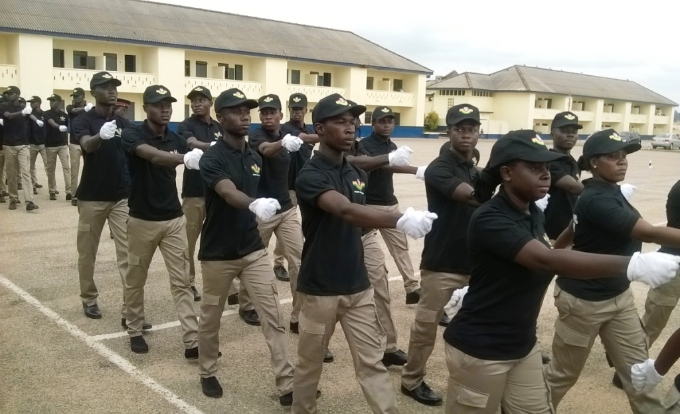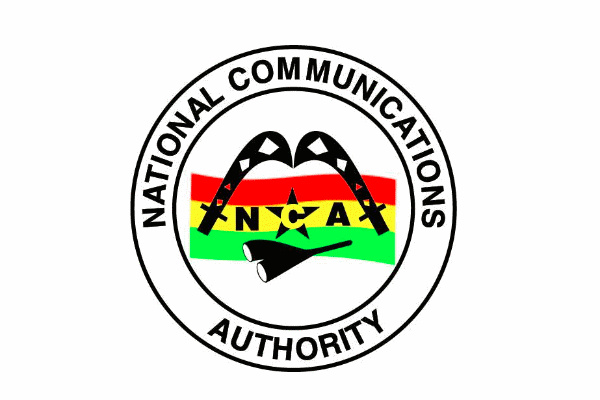The National Service Authority (NSA) has announced a significant development in the forthcoming 2025/2026 national service cycle with the introduction of a six-week Basic Military Training (BMT) programme.
This initiative, which forms part of a broader strategy to enhance national cohesion and civic responsibility among graduates, will be rolled out on a limited scale during a pilot phase.
According to a statement released on Tuesday, June 17, a select number of graduates from the upcoming cohort will be deployed to participate in the pilot phase of the BMT programme.

The NSA emphasised that participation is voluntary, with interested applicants invited to express their interest during the standard online registration process.
The training, to be delivered in collaboration with the Ministry of Defence and other relevant agencies, is designed to equip young graduates with essential skills in discipline, resilience, and teamwork, while fostering a greater appreciation of national security imperatives.
According to the Authority, final postings to user agencies – where graduates typically serve in civil institutions, educational establishments, or healthcare settings – will only take place after the completion of the military orientation.
The NSA has assured that this phased approach will ensure that no participant forfeits their assigned work placement due to involvement in the BMT.
The NSA has reiterated that it will review outcomes from the pilot phase thoroughly before considering a wider rollout.
The NSA, on May 3, 2025, announced that it will pilot a military training program for at least 10,000 National Service personnel beginning August 3, 2025, with plans to make it mandatory for all personnel starting next year.
The acting Director-General of the Authority, Felix Gyamfi, said in an interview with JoyNews on #GhanaConnect that the training will instill discipline, patriotism, and a readiness to support national development goals.
He stated that the training aims to prepare young people not just for emergencies and disaster response but also to combat societal challenges like illegal mining, poor sanitation, and environmental degradation.
This year, over 132,000 PIN codes have been issued for prospective national service personnel—a sharp decline from last year’s 176,000. The reduction follows improved data validation processes and the elimination of exaggerated institutional submissions.
More than 3,500 graduates from 22 tertiary institutions without valid accreditation have been disqualified from participating in the upcoming 2025/2026 national service programme, pending the regularisation of their schools’ status with the Ghana Tertiary Education Commission (GTEC).






No comment yet, add your voice below!